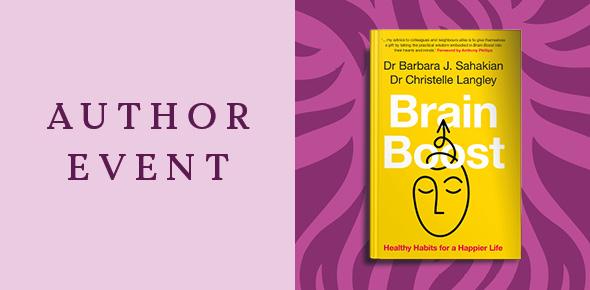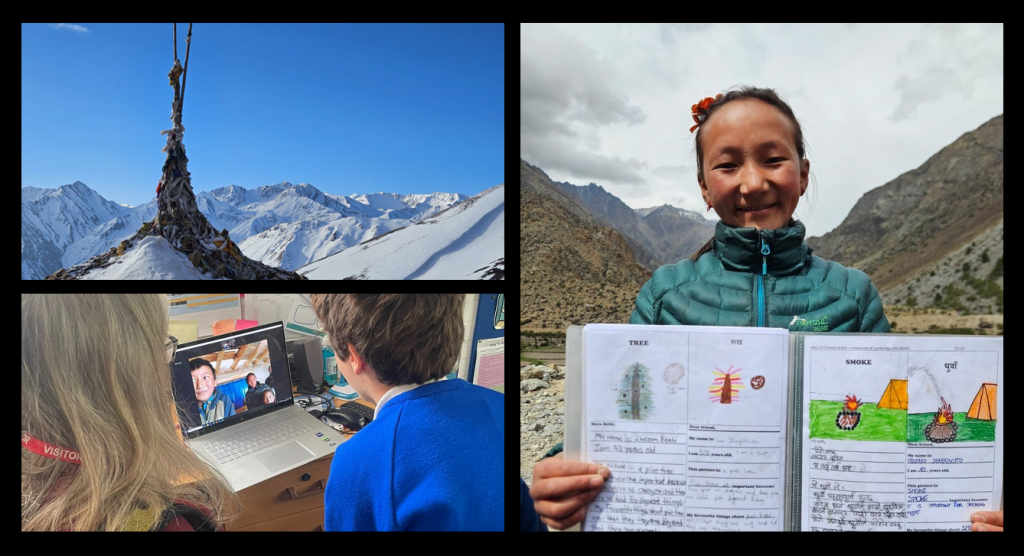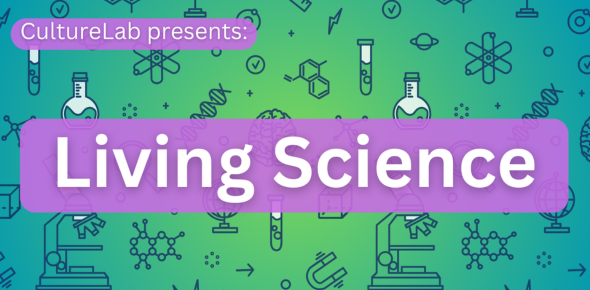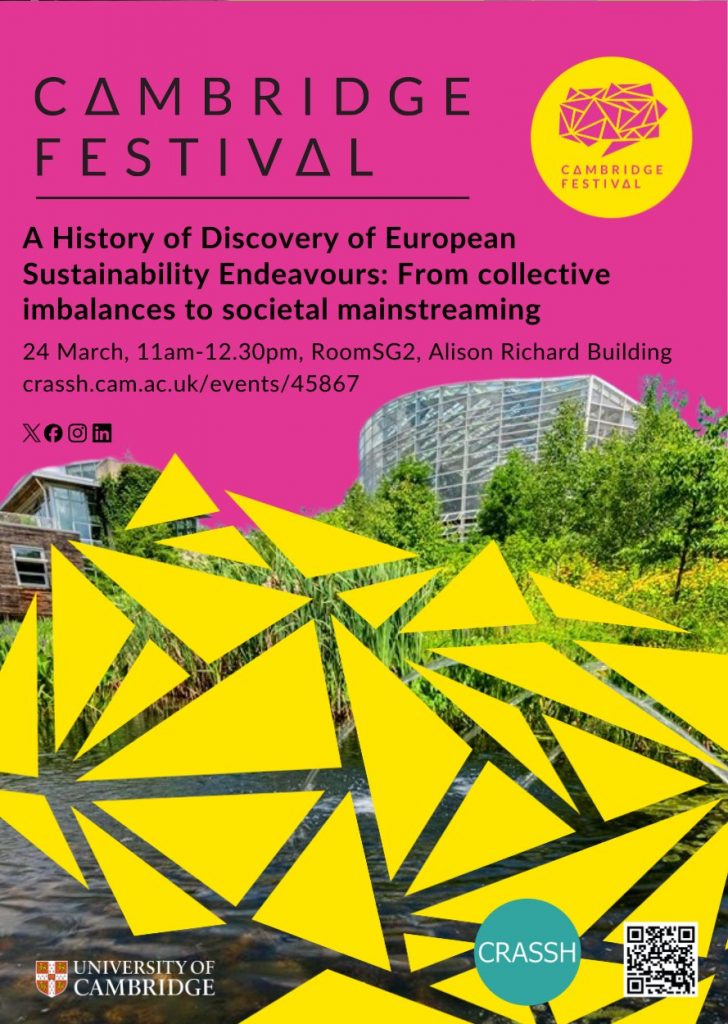Clare Hall at the Cambridge Festival
We are delighted to share the events that our members are involved in for the Cambridge Festival from 19 March to 4 April 2025.
Wednesday 19 March, from 7pm
Brain Boost, Healthy Habits for a Happier Life
Professor Barbara Sahakian (Fellow) and Dr Christelle Langley (Affiliated Postdoc) will be giving a talk on their recently released and widely successful book, Brain Boost: Healthy Habits for a Happier Life.
They will discuss the evidence of how healthy lifestyle habits, including exercise, nutrition, social connections, and acts of kindness, profoundly impact brain health, cognition and emotional wellbeing. Come and discover the science-backed tips and practical strategies to sharpen cognition, enhance mood, reduce stress and foster resilience, ultimately helping you to lead a happier, healthier life. Following the talk, there will be time for questions and discussions with the audience.

Friday 21 March, from 3pm
ABCs of Climate Action: Change! Connections! Curriculum!
Co-organised by Dr Kelly Fagan Robinson (Official Fellow), this event will feature innovative creative project work co-produced with school children in Nepal, Italy, and the UK. There will be an opportunity for visitors to try out some of the methods and listen to the stories of the children involved.
This ongoing work is being carried out in aim of generating a climate education best practice toolkit using creative citizen social science methods and inter-cultural connection activities across the different schools.
ALL AGES, booking recommended but walkups welcome!

Saturday 22 March, from 1pm
Living Science at PDN
Dr Helene Scott-Fordsmand (Research Fellow) is co-organising an event for the Cambridge Festival as part of a broader initiative to work with research culture at the PDN (life sciences) department, where they have been running a series of weekly workshops for postdocs.
Molecular mechanisms regulate the shape of cells. Cells form tissues and organs. Organs perform functions to support the life of organisms. Scientists perform functions to study the molecules and mechanisms, the cells, the tissues, the organs and the organisms. But who are these scientists? What do they do? What is it like to perform functioning science? And what supports the life of science?
From the Department of Physiology, Development & Neuroscience (PDN) comes a performative exhibition that tells the scientists’ stories: stories of what it is like to be a researcher focused on molecules, cells, tissues, organs and organisms; stories that explore the vast array of facets in science, from algorithmic pipetting to private and idiosyncratic moments of reflection, from minute cell cultures to complex international movements of researchers and papers. The performative exhibition invites you in, behind the luminous curtain of well-ordered scientific knowledge, to explore what it is like to live in science. The performance is devised by PDN scientists during an extended series of creative workshops as a part of the “CultureLab” project.

Monday 24 March, from 11am
A History of Discovery of European Sustainability Endeavours: From collective imbalances to societal mainstreaming
This talk by Dr Cristina Blanco Sío-López (Visiting Fellow) aims to analyse the historical evolution of the main conceptual premises in the European Community’s self-defining dimensions of development cooperation and environmental sustainability as part of the European integration process.
